AARP Hearing Center


On a quiet morning in a conference room on Hollywood Boulevard, I await the arrival of Samuel L. Jackson. It is a little like waiting for the president of the United States; someone from an advance team announces his imminent arrival, as though Air Force One is touching down. When he sweeps into the room — tall and magnetic, with a confident walk and resplendent in a satiny blue Adidas tracksuit, a white T-shirt and a bright red bucket hat — he seems to change the quality of the air by his presence.
He and I, two Black men, are meeting up for a work engagement today, on Juneteenth, the irony of which does not escape us. “I’m supposed to be somewhere barbecuing,” he chides me in mock accusation. I try to deflect. “Hey, listen, I didn’t choose this date!” which, of course, is true. With celebrities of his stature, you sort of take the dates their teams offer. “Yes, you did, you wanted this,” he teases me, deadpan.
And it was here that I understood one thing about Samuel L. Jackson. If he makes a joke, it’s because it’s something that maybe needs saying. In other words, he’s a little impish.
Indeed, some of Jackson’s best work is arranged around this very specific quality of messing with you, making you wonder how serious he is and what exactly he’s serious about. Consider his standout performance as the wry but murderous hit man Jules Winnfield in 1994’s Pulp Fiction who baffles would-be victims with a series of non sequiturs and a Bible verse before committing the awful deed. Or as the sinister arms dealer Ordell Robbie in Quentin Tarantino’s follow-up, Jackie Brown, whose affable but subtly mendacious smooth talking to his supposed friend, the thief Beaumont Livingston, right before he kills him goes down as one of the more chilling setups in cinema history.
In fact, there are very few actors who can titrate the qualities of menace and charisma the way Jackson can. In his latest projects, the playwright August Wilson’s The Piano Lesson on Netflix and the Peacock limited series Fight Night: The Million Dollar Heist, he leverages this quality to reach two stellar but quite opposite performances. In The Piano Lesson, he reprises the role of the quiet patriarch Doaker, a part he played in the Broadway production two years ago, directed by his wife of 44 years, LaTanya Richardson Jackson.
In Fight Night, Jackson plays real-life underworld boss Frank Moten, who leads with menace, but you never quite know when or where it’s coming from. Sporting a small Afro streaked with gray and a pair of throwback ’70s glasses (has any performer made better use of the hair and wardrobe department than Jackson?), Moten threatens with a steady ease that makes us feel the existential dread with which Kevin Hart’s fast-talking protagonist — a small-time hustler who gets in way over his head — must contend.
Jackson’s oeuvre is as varied as the hairstyles he’s sported in his films. He’s worked with great directors — Tarantino, Martin Scorsese, Steven Soderbergh, George Lucas, Milos Forman, Paul Thomas Anderson, to name a few — and has held his own on-screen with such prominent actors as Dustin Hoffman, Joe Pesci, Geena Davis, Leonardo DiCaprio, Ossie Davis, Ruby Dee and Jeff Goldblum.
But he has little shame about doing what might generously be called lighter fare. His list of one-star movies is longer than most actors’ entire IMDb pages. He famously agreed to do Snakes on a Plane because he liked the title. It could be said that he picks scripts like a 10-year-old picking out candy at the concessions counter, with joy, abandon and, I can’t help notice, a fair bit of gratitude.
In segregated Chattanooga, Tennessee, Jackson was the son of a factory worker and quickly learned the rules of the world. He knew that there were people who meant him harm because of the color of his skin, and he adapted both his razor-sharp wit and constant vigilance accordingly. He got interested in acting in the middle grades and, around the same time, learned that his soon-to-be trademark utterance, “motherf---er,” actually helped him ease his embarrassing stutter. Jackson attended Morehouse College, where he quickly joined a group of student radicals, who in 1969 held members of the board of trustees captive, leading to a 29-hour siege. Jackson was expelled for two years, but his fate was redirected when the FBI told his mother that her child was mixed up in some heavy stuff and that if she wanted him to live, she had to get him out of Atlanta. Jackson was summarily shipped off to live with relatives in Los Angeles.
When the acting bug bit him, he relocated to New York City, where he fell in with other ambitious Black actors, including his future wife, Denzel Washington and Laurence Fishburne. Jackson’s career stalled when his drug and alcohol use reached a fever pitch, and in 1990, he found himself, at 42 years old, shipped off once again, this time to a rehab facility in upstate New York. He hasn’t looked back: His first role upon leaving rehab was as the crack-addicted Gator in Spike Lee’s film Jungle Fever, a performance impactful enough that the Cannes Film Festival revived the best supporting actor award just to give it to him.
From there the kid from Chattanooga, simply put, went on to become the highest-grossing leading man in movie history. His credits, remarkably, number north of 250, and his movies are responsible for a staggering $28 billion at the box office worldwide, not to mention a BAFTA, an honorary Academy Award and Tony and Emmy nods. Now 75 years old, the man is still youthful and spry, gracious and quick-witted, kept in shape by a strict diet and a regimen of golf, Pilates and acupuncture. His activism has morphed into the quieter type, and he is generous with his good fortune (he and his wife donated $5 million to refurbish the fine arts building at Spelman College, for example; she is an alumna) but prefers to keep most of his generosity behind the scenes. I settle into a conversation with Jackson about his latest projects, his experiences with aging, his long marriage and exactly how he manages to stay so energetic.

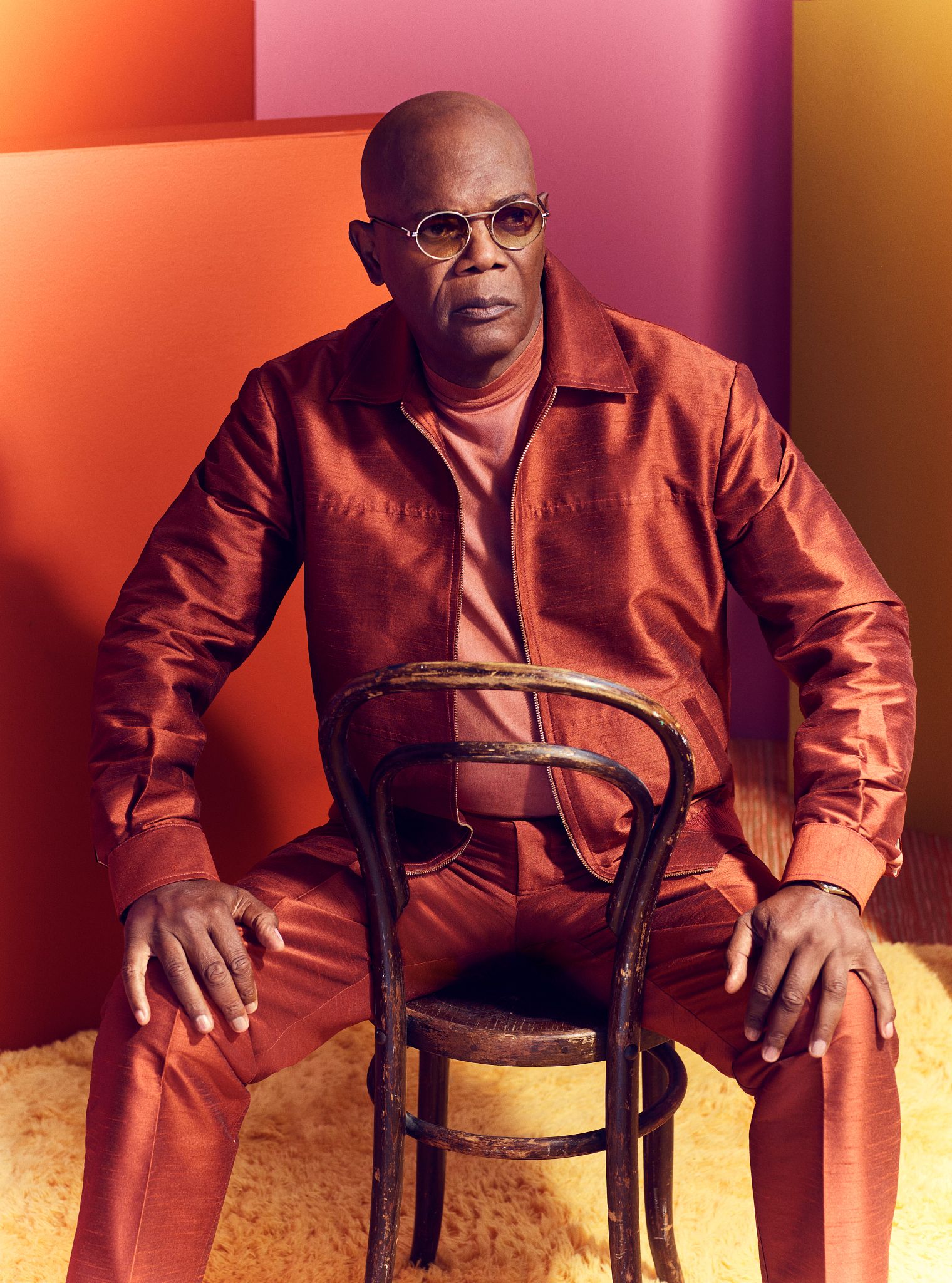
Fewer and fewer people are alive who experienced segregation firsthand. What was that like?
It was a village. I could go to different places in town and be safe because people knew who I was. And when we looked at the dominant culture, we knew how they felt about us, and they knew how we felt about them. And they were safer with us than we were with them.
When I was going to school, teachers often came to your house, so that they’d know where you came from. And they knew I had to go to college. That was the expectation.
When other kids were diagramming sentences, I was reading literature, because they knew I could diagram a sentence. I knew what a subject and a predicate were and all that other stuff. Or when I was in a math class, and the other kids were doing simple division, I was doing something else because the teachers knew I knew it. They protected us, and they gave us the information we needed to go into the world. They gave us our history too. Though I already knew what slavery was, and how it was, because my grandmother was one generation removed from slavery. Her mom was a slave. So when she talked to me about slavery and white people, it was painted with another kind of brush.
Tell me more about her.
She worked for white people. She was raising white people’s kids, and they used to give me, like, a gift on Christmas, or some s---, you know? One year, I didn’t write a thank-you card fast enough, and they asked for one. They said, “Pearl, did Sam get that gift we gave?”
She’s like, “Yes, he did.”




























































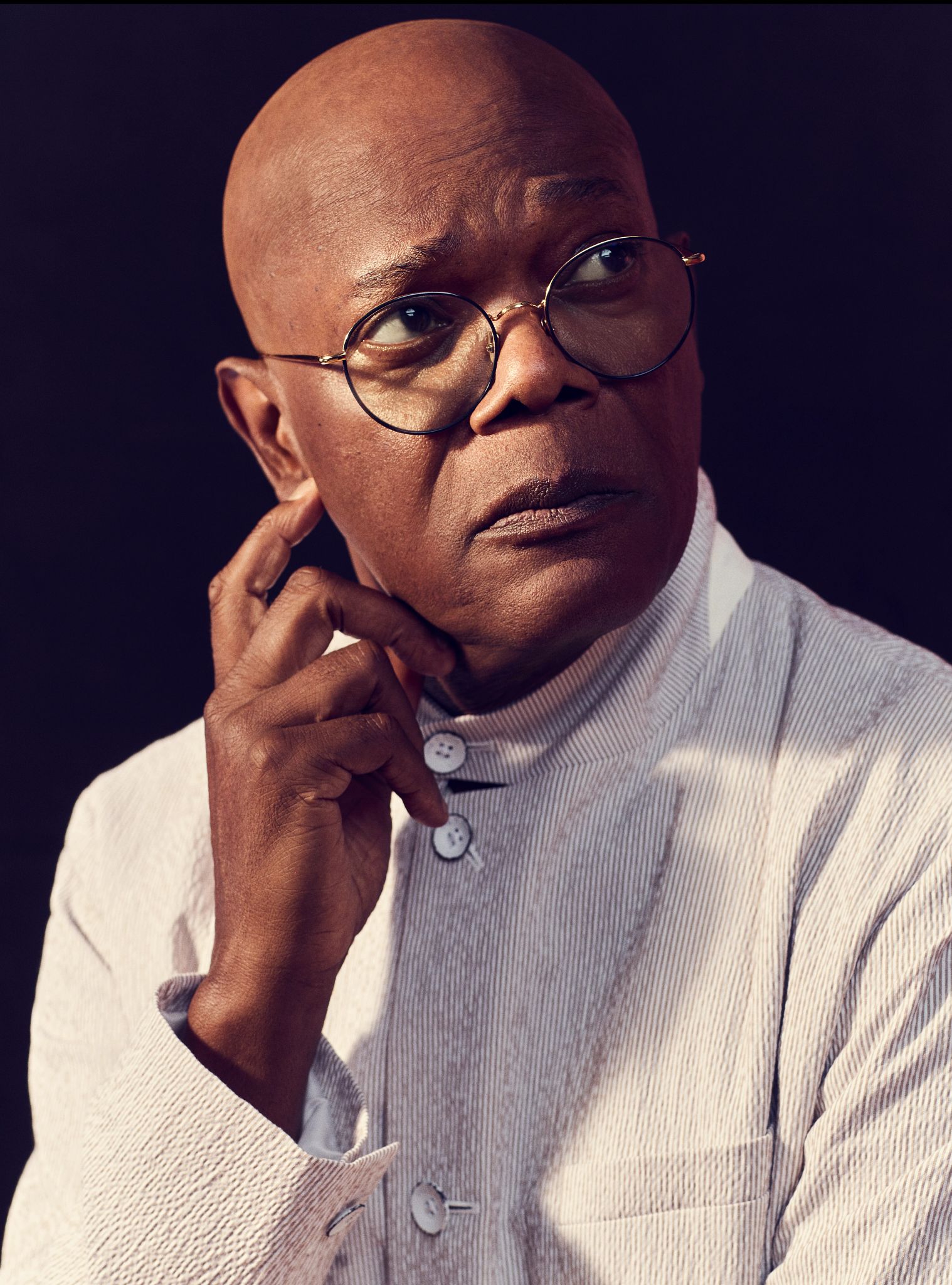
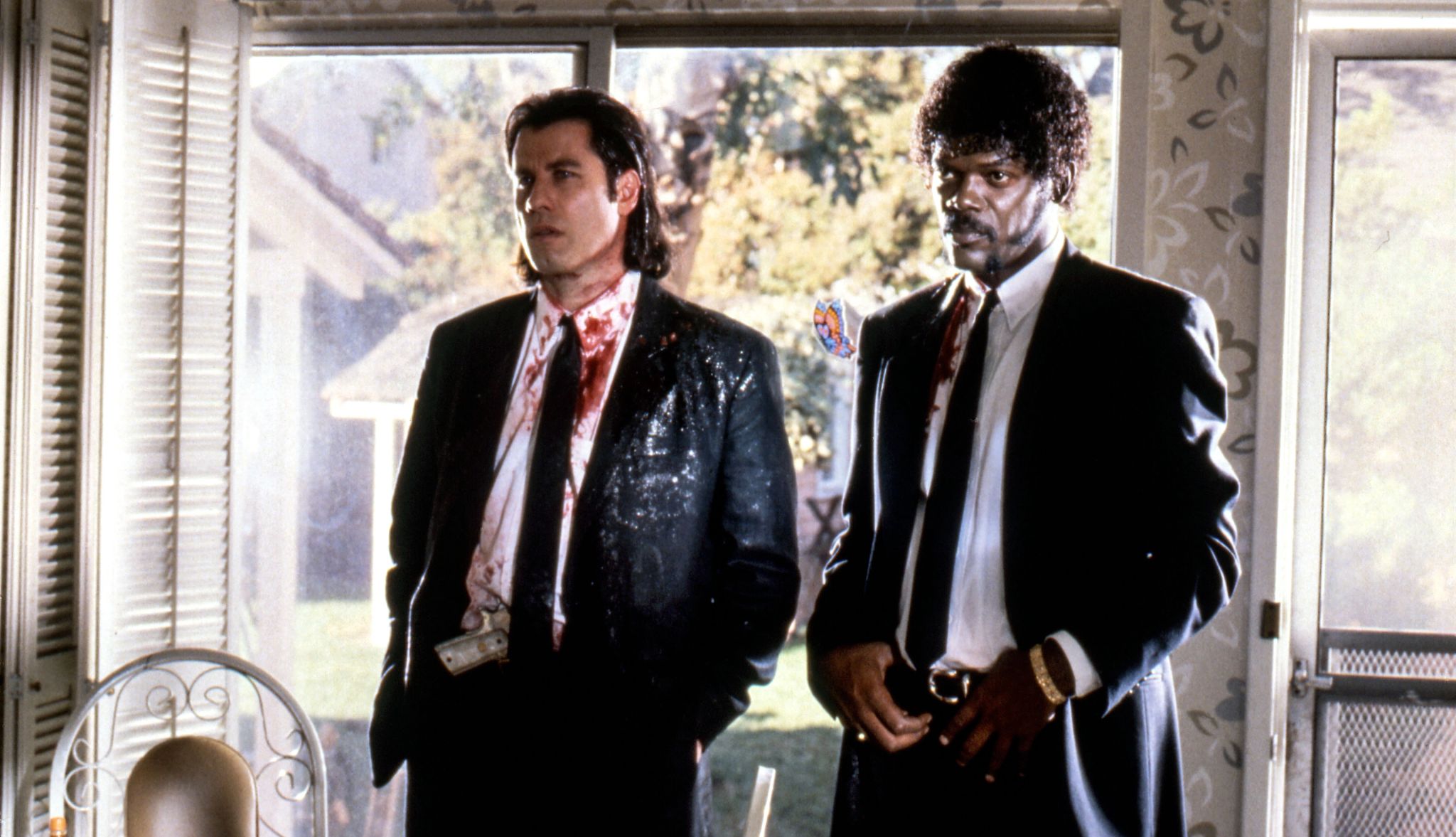

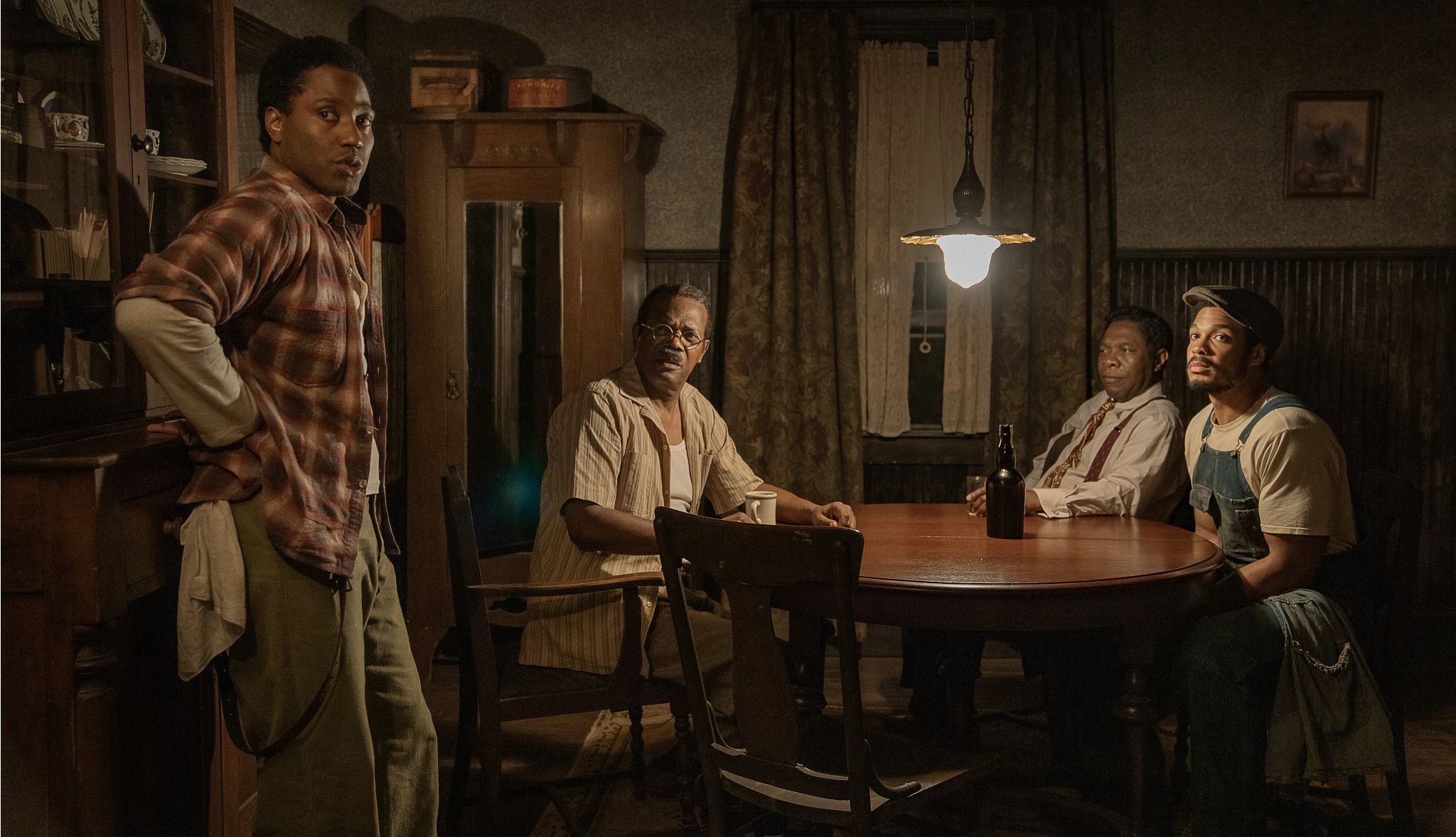
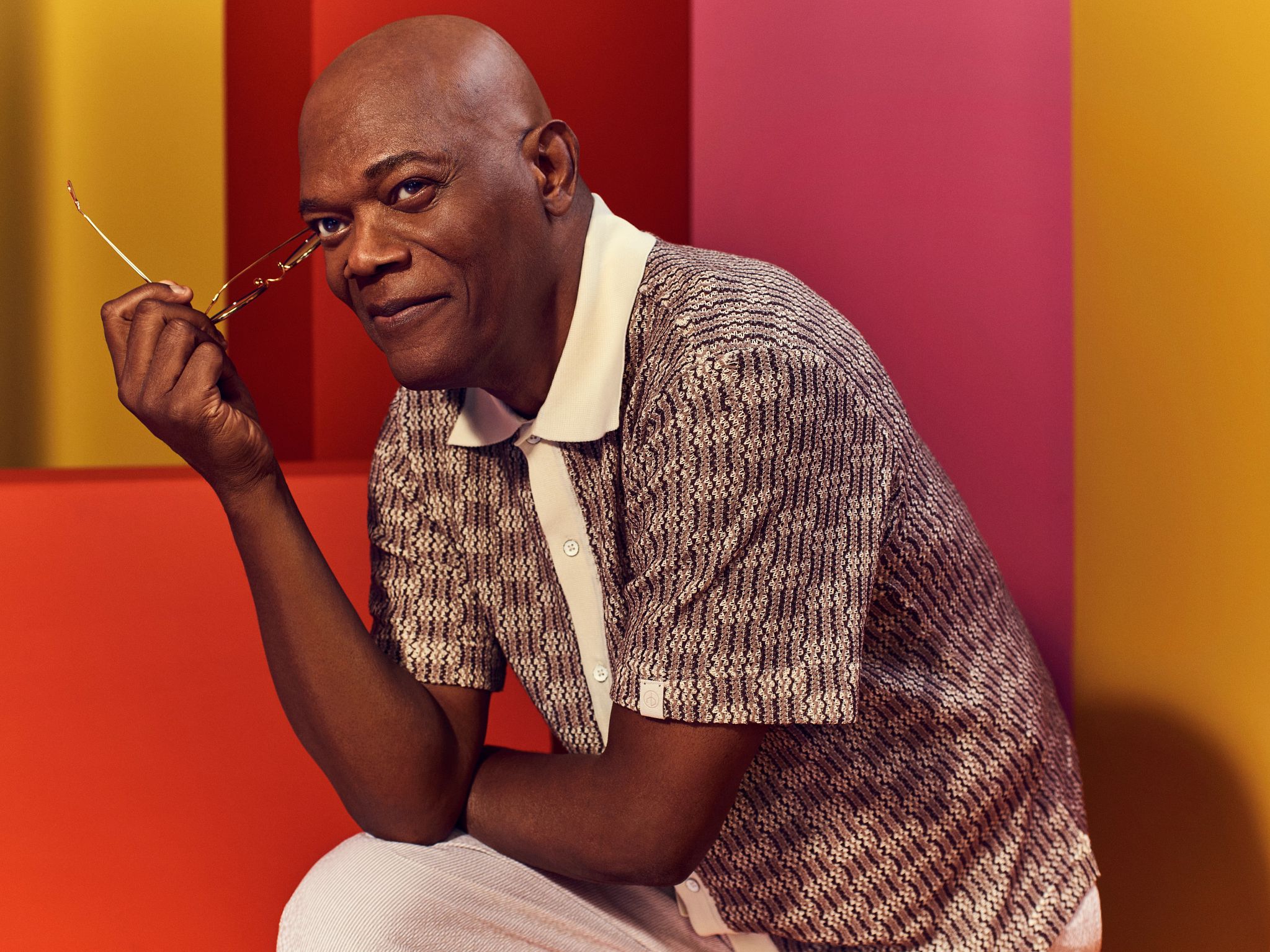
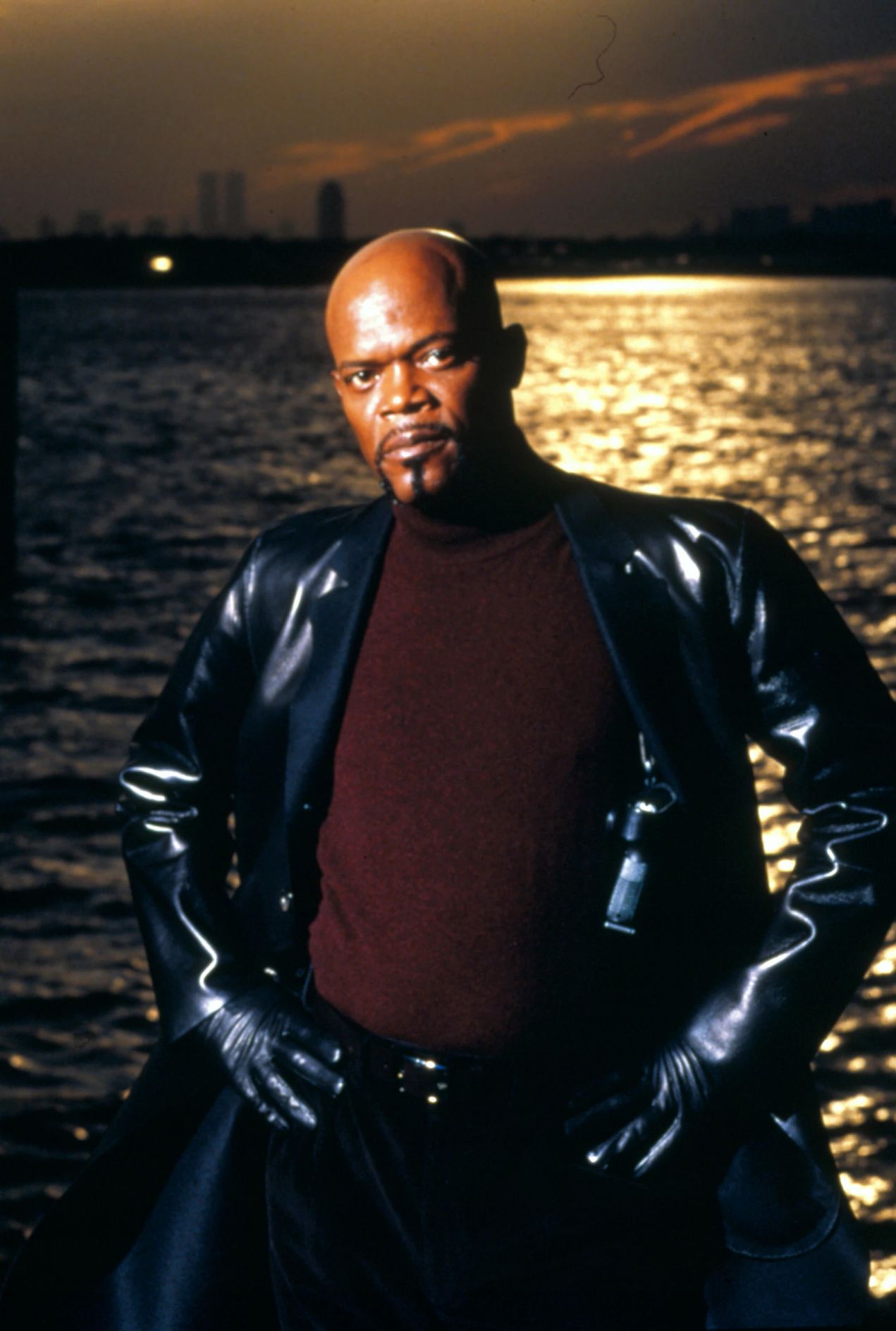


More From AARP
Kevin Costner’s Big Gamble: ‘A Good Idea Is Still a Good Idea’
The actor has put tens of millions of his own money into his new 4-movie project
Susan Sarandon, Sheryl Lee Ralph Want to Change How People View Aging
The two actresses preach self-love and living for every day
Jon Bon Jovi’s Long Journey Back: ‘Life Has Happened’
How the kid phenom of Jersey rock has handled fame — and the potential loss of his most precious instrument: his voice
Recommended for You